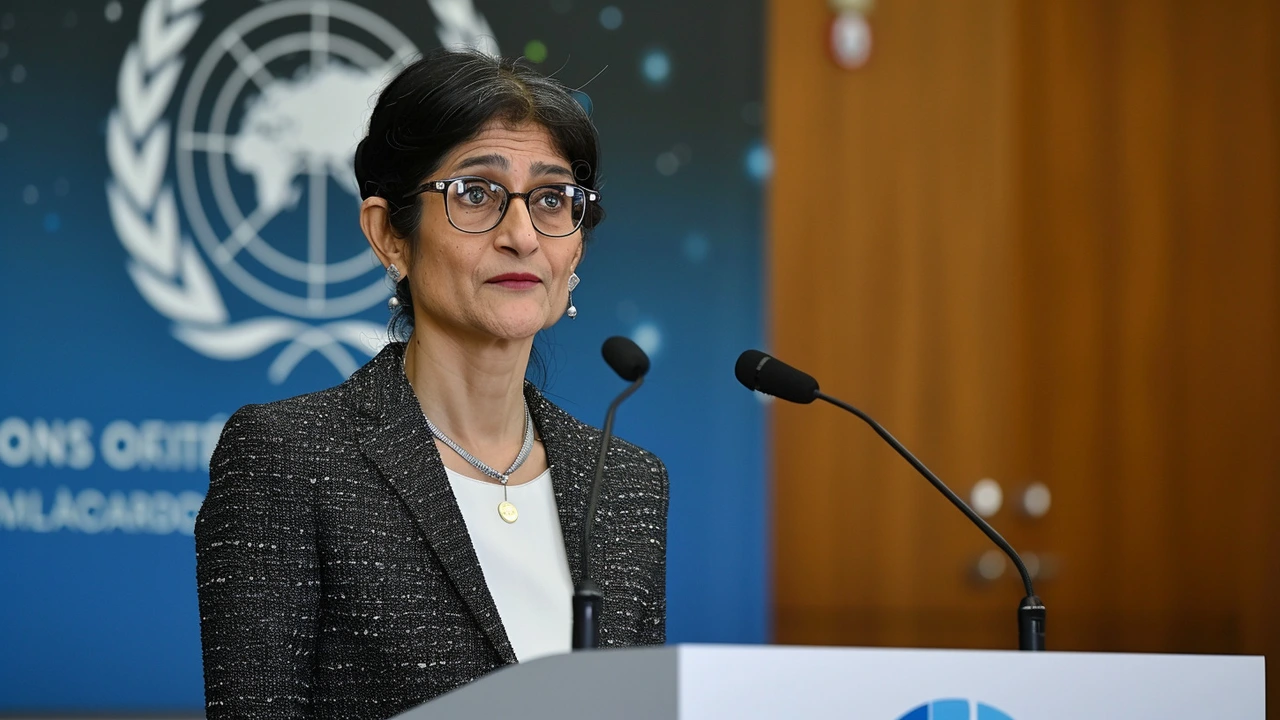International cooperation: why it matters now
When a match, a storm or a big business deal makes headlines, you can often trace it back to people and organizations working together across borders. International cooperation isn’t an abstract idea — it’s the planning that gets fans into a stadium, the aid that reaches stranded motorists, and the legal work that lets a player sign for a new club abroad.
Where cooperation shows up
Look at sport. Tournaments like CHAN 2024 need coordination between host countries, visiting teams, security services and broadcasters. Algeria’s win over Uganda is more than a scoreline; it’s the result of visas, travel plans and shared stadium schedules. Club competitions and transfer markets do the same. Big moves — from Anthony Elanga to Victor Osimhen talks — require clubs, agents and national associations to align on rules, medicals and paperwork.
Disasters and public safety demand another kind of teamwork. The South Africa snowstorm that shut down the N3 highway left hundreds trapped and emergency services racing to respond. Events like that make clear why provinces, road authorities and rescue teams must have joint plans and fast communication. Sometimes international aid or cross-border expertise is needed too — for heavy equipment, search teams or medical supplies.
Trade and corporate deals also depend on cooperation. Big buyouts, like 3G Capital’s Skechers deal, cross legal systems, regulators and supply chains. Companies and governments negotiate tariffs, labor rules and customs checks so goods keep moving. That makes trade policy and diplomacy essential even for everyday products on store shelves.
How cooperation actually works
At the practical level it boils down to a few things: clear communication, shared goals, and trusted partners. Organizers set timelines and contact points; emergency planners run joint drills; clubs and federations agree on transfer windows and medical standards. Cultural exchanges — like artists blending Studio Ghibli themes with Eid traditions or global tours that draw fans of all ages — build goodwill that helps when politics get rocky.
There are challenges. Different laws, slow permits, funding gaps and mixed priorities slow progress. But there are simple fixes: name one person responsible for decisions, keep public updates regular, use neutral mediators for disputes, and have backup plans for transport or funding. Lessons from sport, disaster relief and business deals all point to those same basics.
If you follow Daily Africa Global News, this tag collects stories that show cooperation in action — from football transfers and international club competitions to emergency responses and cultural exchanges. Want to spot good cooperation? Watch for fast joint statements, clear timelines and partners willing to share costs and credit.
Good cooperation makes messy situations manageable. It keeps the show on the road, gets help to people who need it, and lets countries and companies work through tricky problems. Follow this tag to see how those deals and plans actually play out, day by day.

Geopolitics in Space: How UNOOSA and Portugal Could Shape the Future
The article explores the potential role of the United Nations Office for Outer Space Affairs (UNOOSA) and Portugal in shaping the future of space exploration. It advocates for multilateral cooperation and a new international treaty for outer space use, emphasizing the need for a unified approach to overcome geopolitical tensions and address global challenges like climate change.